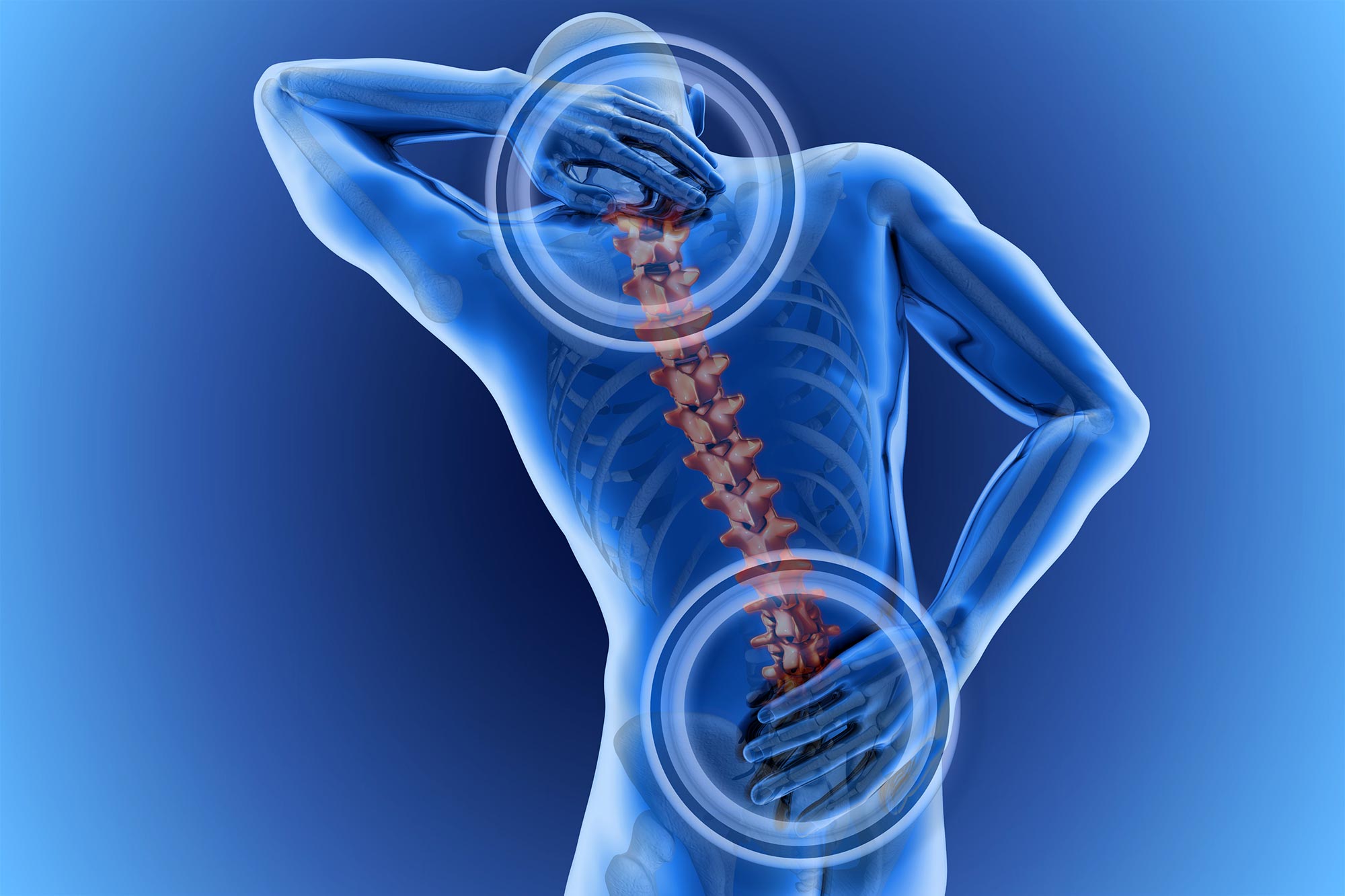Heart disease is often thought of as a condition that affects only those with a clear set of health issues or lifestyle choices that contribute to cardiovascular decline. However, a recent study has turned this assumption on its head, revealing that a staggering 90% of adults over the age of 20 in the United States may be at risk of developing heart disease. This finding is not only surprising but deeply concerning, as it indicates that even individuals who appear completely healthy may be on a precarious path toward heart complications.
The study found that age is not as protective a factor as previously thought
The study, published in JAMA, utilized a new syndrome classification known as cardiovascular-kidney-metabolic (CKM) syndrome to identify individuals at high risk. This syndrome is a constellation of conditions that affect major organs and are strongly linked to heart disease, obesity, diabetes, and kidney disease. The American Heart Association has recently brought attention to CKM, which is diagnosed in stages from zero (no risk factors) to four (diagnosed heart disease with additional complications such as obesity, hypertension, diabetes, or kidney disease).
Researchers analyzed data spanning almost a decade from over 10,000 participants in the National Health and Nutrition Examination Survey (NHANES). The results were startling, with nearly half of the participants at stage 2 of CKM, indicating moderate risk due to factors like high blood sugar, hypertension, high cholesterol, or chronic kidney disease. Dr. Rahul Aggarwal, a cardiology fellow at Brigham and Women’s Hospital and Harvard Medical School, expressed surprise at the high percentage of individuals meeting the criteria for risk, especially among younger adults.
The implications of these findings are profound. They suggest that health care providers must be vigilant in detecting these conditions early, before they lead to more severe consequences such as heart attacks, heart failure, and strokes. The study also highlights the prevalence of obesity in the United States, with 40% of the population considered obese and an additional 32% overweight, according to the Centers for Disease Control and Prevention. This excess weight is a significant contributor to the risk factors associated with CKM.
Moreover, the study found that age is not as protective a factor as previously thought. Only 18% of individuals aged 20 through 44 were at stage zero, meaning they had no risk factors. This is a wake-up call that young adults are not as invulnerable to heart disease as once believed.
The inclusion of kidney disease in cardiovascular risk assessments is particularly noteworthy. Dr. Adriana Hung, a kidney specialist and epidemiologist at Vanderbilt University Medical Center, emphasized that kidney disease can greatly amplify the risk of cardiovascular disease, with some studies indicating up to six times the risk of death from cardiovascular issues when kidney disease is present.
The broader approach to heart disease risk assessment is likely to identify more individuals at risk, according to Dr. Robert Rosenson, director of lipids and metabolism at the Mount Sinai Health System. He points out that common behaviors like unhealthy diets and lack of exercise are contributing to an accumulation of diseases that will impact both quality of life and longevity.

The study’s findings are a clarion call for action. They underscore the need for lifestyle changes, such as improved diets and increased physical activity, to protect against heart attack and stroke. It also emphasizes the importance of noninvasive tests in identifying individuals who may appear healthy but have underlying arterial disease that could lead to heart attacks.
This study serves as a critical reminder that heart disease can lurk beneath the surface of apparent health. It challenges the notion that only those with obvious health problems or poor lifestyle choices are at risk, and it underscores the importance of early detection and proactive management of risk factors. As we move forward, it is essential that both health care providers and individuals take these findings to heart, recognizing the need for vigilance and action in the face of this silent threat.
As we delve into the preventative measures and early detection strategies for heart disease, it’s clear that knowledge is power. The recent study highlighting the prevalence of cardiovascular-kidney-metabolic (CKM) syndrome serves as a stark reminder that heart attacks are not reserved for the visibly unwell or the elderly. With nearly 90% of adults over 20 in the United States at risk, the importance of proactive health management cannot be overstated.
The first step in prevention is understanding the risk factors. High blood pressure, high cholesterol, and diabetes are well-known contributors to heart disease, but the study’s findings emphasize the role of obesity and kidney disease as well. With 40% of the U.S. population considered obese and an additional 32% overweight, the battle against heart disease is as much about managing weight as it is about controlling blood pressure and sugar levels.
Diet and exercise are the twin pillars of weight management. A balanced diet low in saturated fats and high in fruits, vegetables, and whole grains can help maintain a healthy weight and reduce cholesterol levels. Regular physical activity, at least 150 minutes of moderate aerobic exercise or 75 minutes of vigorous exercise per week, is recommended by the American Heart Association. These lifestyle changes not only aid in weight loss but also improve blood pressure and blood sugar control.
Early detection is equally critical. Noninvasive tests can reveal hidden risks such as soft plaque buildup in the arteries, which may not obstruct blood flow today but could lead to a heart attack tomorrow. Cardiologists now have access to advanced diagnostic tests that can identify high-risk individuals early enough to prevent heart attacks. These include stress tests, lipid profiles, and imaging tests like CT scans that can detect coronary artery disease before symptoms arise.
Health care providers play a pivotal role in early detection. They must be vigilant in screening for CKM syndrome, especially in younger adults who may not exhibit obvious symptoms. Regular check-ups should include blood pressure and cholesterol measurements, and when necessary, more comprehensive evaluations like echocardiograms or coronary calcium scans.
Individuals with family history of heart disease should focus on controllable risk factors. Quitting smoking, reducing alcohol intake, and managing stress are all actionable steps that can make a significant difference. Stress, in particular, has been linked to heart disease, and finding healthy ways to cope, such as through meditation, exercise, or therapy, can improve heart health.
The study emphasizes public health efforts to tackle obesity. Policies that promote healthy eating, physical activity, and access to health care can help reduce the burden of CKM syndrome. Community programs and educational campaigns can raise awareness about the importance of heart health and encourage individuals to take charge of their risk factors.
The recent study serves as a wake-up call to both health care providers and individuals. Heart disease does not discriminate by age or apparent health status. It’s essential to adopt a comprehensive approach to prevention and early detection, including lifestyle changes, regular health screenings, and societal efforts to promote wellness. By taking these steps, we can hope to see a decrease in the prevalence of CKM syndrome and a healthier, heartier population.
Related posts:
90% of adults in the U.S. at risk of heart disease. What to know about metabolic syndrome
Why Perfectly Healthy People Have Heart Attacks
Know Your Risk for Heart Disease





